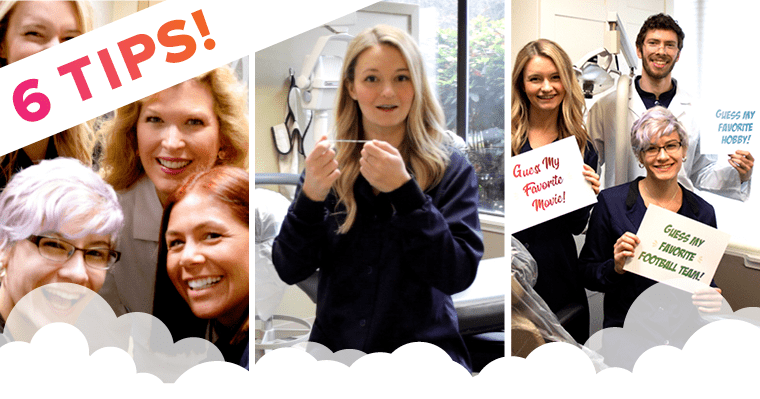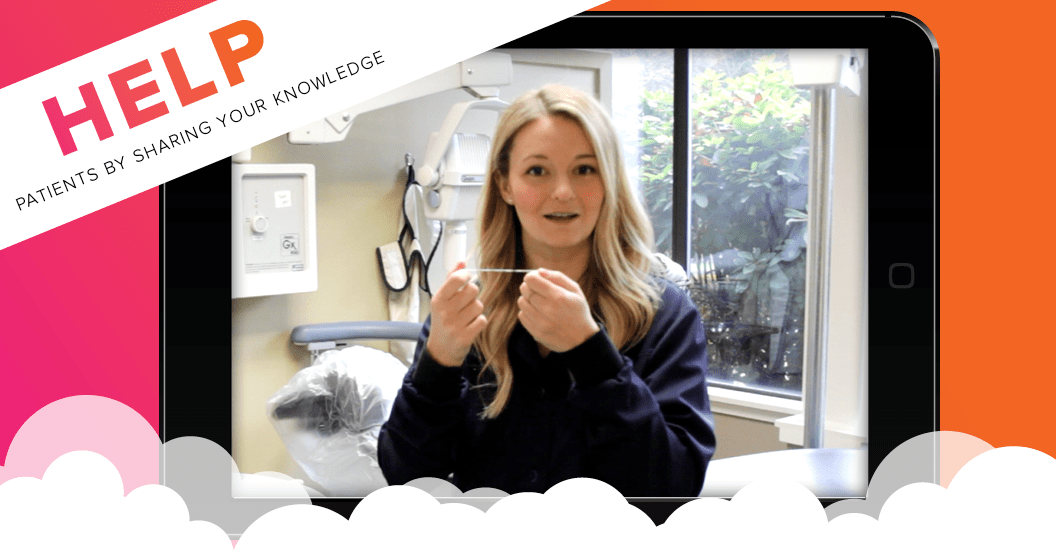6 Tips for Creating a Healthcare Social Media Strategy That Connects With Patients

Our thanks to guest author Kayleigh Alexandra from MicroStartups for this post!
In 2019, every business needs a social media strategy, from clothing brands to beverage companies, and the healthcare industry is no different. Your social strategy helps you connect with your patients, and that’s a valuable thing for a healthcare professional.
Read on to discover 6 tips that will help you create a social media strategy that connects with your patients and grows your healthcare practice in 2019.
Address hot healthcare topics in the news
Some sections of the media love to create news stories out of otherwise unremarkable events. It seems as though every winter, there are hysterical warnings of a new superbug or common cold that threatens to wipe out the populace.
While these kinds of stories generate huge traffic for publishers, they also result in a mild panic for the general public. Thankfully, your social strategy is the perfect place to address these issues and quell any patient fears.
Armed with your knowledge, experience, and qualifications, you can (and should) use your social media strategy to address these concerns as they arise. Not only does this reassure your patients, but it also shows that you’re actively engaged with current issues, boosting your authority in your patients’ eyes.
Takeaway tip: Whenever a new story arises in the press related to your healthcare niche, offer authoritative, fact-based opinions on your social feed. Link to the story in question and dispel any myths, focus on the facts, and offer actionable advice that your followers can use.

Share the great things you and your staff do
A good healthcare social media strategy goes beyond focusing on patient issues — it also looks inward, at your own healthcare practice.
You may have a number of initiatives going on, from Doctors Without Borders to local community outreach. Your social strategy is the perfect place to publicize these events.
As well as giving your patients a behind-the-scenes look at your healthcare practice, it also shows that you are more than simply a practice — you are an active participant, both in your community and in your wider industry.
Takeaway tip: Conduct interviews with staff involved in these initiatives and live stream them on your social channels (IGTV is particularly good for this). This builds your reputation as a healthcare provider and boosts patient trust by showing the human side to your practice.
Collaborate with other professionals in your niche
Beyond focusing on your patients and your own staff, you should also look to other healthcare practices within your industry for your social strategy.
Collaborating and sharing content with similar (non-competing) practices or businesses in the healthcare world makes for a diverse social strategy that delivers value to your patients.
By combining your knowledge and experience with those of other professionals from within your niche, you create a collaborative effort that works for both parties (not to mention benefits your patients).
Takeaway tip: Reach out to your industry peers and suggest a collaborative effort that uses each party’s respective skills to inform your patients. Host a joint Q&A session, or create a handy video guide that addresses issues that your niches overlap on (for example, how a healthy diet can create good dental hygiene).

Help patients by sharing your knowledge
As a healthcare professional, you possess a wealth of knowledge pertaining to your specific medical discipline.
You are authoritative, credible, and capable of distilling that knowledge in a way your patients can understand. As a consequence, you are in the perfect position to share that knowledge and deliver value to your patients through your social strategy.
The fact is, it matters — your patients are already searching for medical advice online, so why not offer the same on your social?
And it matters too. When your patients are in pain or discomfort, they want to speak to someone they can trust. By educating your brand’s audience and sharing your knowledge, you position yourself as more than a business — you become a trusted voice that they will turn to time and again.
Takeaway tip: Share your knowledge on social, but make it accessible. Offer actionable tips that your patients can go away and use. Doing so positions your social pages as a hub of useful information your patients can genuinely benefit from.
Host an open Q&A session
Question-and-answer sessions are a great strategy for connecting with your patients on social. Patients ask questions, and you provide tailored, knowledgeable answers — it’s as simple as that.
As a busy healthcare professional, finding the time to run a Q&A can be tricky. But this is a strategy worth undertaking. Not only does it resolve patient queries (and possibly save you consultation time in the future), it builds your authority and value in your patients’ eyes — it’s a win-win.
Takeaway tip: To focus your answers, set a theme for your Q&A before setting out. For example, queries about diabetes or tooth decay. This has the added benefit of letting you allocate specific staff to each Q&A session, rotating the panel for each one.
Use a conversational, accessible tone of voice
Your social media strategy is just that — social. It’s not strictly a business channel, and so the tone of voice you use on your social platforms should reflect that. That’s not to say that you should pepper your copy with slang or pop culture references.
Indeed, this will actually detract from your authority on social. You should adopt a tone of voice that treads the fine line between professional and accessible. Lots of medical jargon and complicated language will repel your audience, and you will struggle to connect with patients.
Instead, speak in an informal manner, using everyday words and phrases that patients will understand. Doing so helps connect you with your patients, strengthening your relationship with them as a result.
Takeaway tip: Speak to your patients on social as you would in person. Eschew complex jargon and be clear and concise. Social media is where conversations happen, and these conversations should feel natural.
Every business needs a social media strategy, and yours is no exception. Use the tips above to create a social strategy for your healthcare practice that connects with your patients time again.
Are you ready to take your own social media strategy to the next level? Roadside has social media packages for dentists and healthcare professionals. Schedule a free, no-strings-attached consultation with Angela today!



